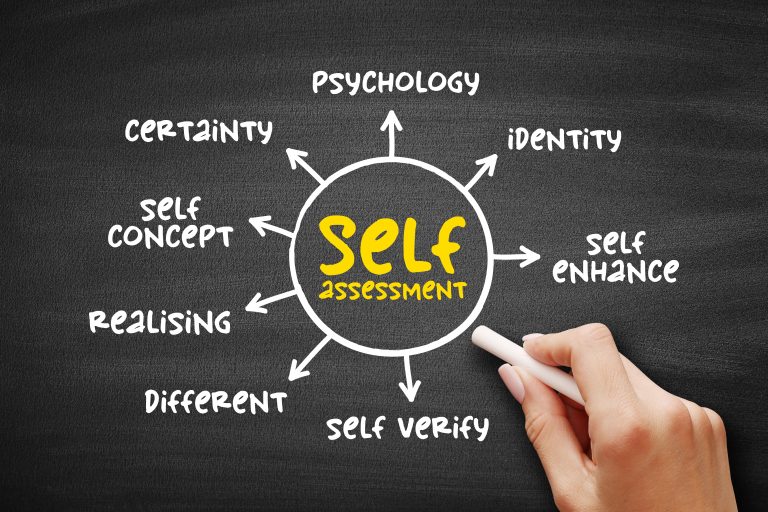As the 5th October registration deadline for Self-Assessment approaches, experts urge taxpayers to be wary of common misconceptions that could lead to costly mistakes. Pauline Green, Head of Product Compliance and Programs at Intuit QuickBooks, emphasises the importance of understanding the facts surrounding Self-Assessment to avoid unnecessary complications and penalties.
Navigating the Self-Assessment process can be challenging, especially with a plethora of myths circulating about who needs to register and when. Many individuals may assume that the upcoming deadline applies only to those filing a paper return. Green clarifies, “This deadline is crucial for everyone who needs to complete a Self-Assessment, regardless of whether they are filing online or on paper.”
Another misconception is that individuals can wait until January to register if they intend to file online. Green asserts that this is also incorrect. “Missing the 5th October deadline can lead to delays and potential penalties, so it is vital to confirm your registration status before the deadline.”
The belief that only newly self-employed individuals need to fill in a Self-Assessment is also misleading. Green states that anyone with untaxed income from additional sources—be it from self-employment, rental income, or side gigs—must also complete a return. She cautions, “It’s essential to understand that the requirement extends beyond just self-employment.”
Furthermore, there is a misconception regarding the need to file if one earns interest from savings and investments. While many savings accounts have tax deducted at source, individuals may still need to file a return if their total interest exceeds the Capital Gains Tax allowance. “It’s important to check your situation, as many people might be unaware of their tax obligations in these scenarios,” Green adds.
A prevalent myth is that higher-rate taxpayers need not file a Self-Assessment if they are already paying tax through PAYE. Green clarifies that this is not true, stating, “Higher-rate taxpayers might still need to file if they have additional untaxed income.”
On a more positive note, Green highlights changes to the enrollment threshold for this tax year. Previously set at £100,000, it has increased to £150,000 for 2023/24. “This is good news for those who do not have other sources of income,” she explains. However, if taxpayers are unsure about their registration status, they must register before the 5th October deadline to avoid penalties.
Even if individuals miss the registration deadline, they still must complete a return if required. However, delaying registration can complicate the process and lead to fines. “It’s crucial to act promptly and ensure that you are registered if you need to file a return,” Green stresses.
As the deadline looms, taxpayers are advised to separate fact from fiction to avoid the pitfalls of misinformation that could lead to unnecessary stress and penalties. For further information and tips, individuals can visit Intuit QuickBooks to ensure their Self-Assessment process goes smoothly this tax season.



